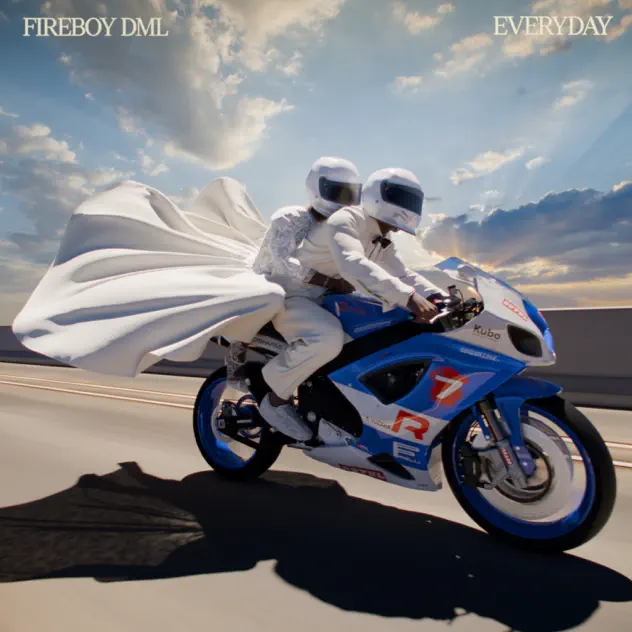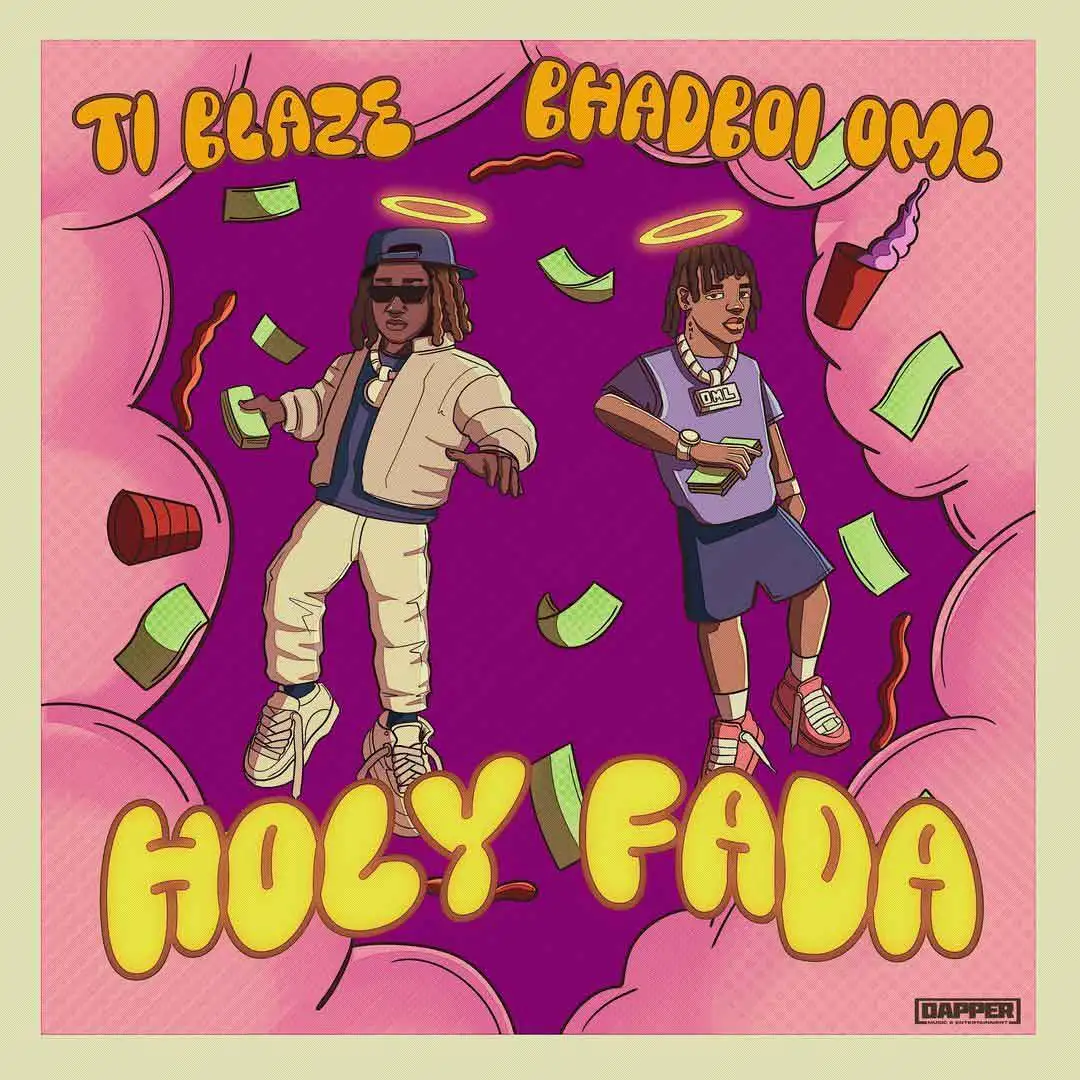Must Read: Paradox Of Abel - Season 1 - Episode 6
.jpg?w=900&ulb=true&ssl=1)
Must Read: Paradox Of Abel - Season 1 - Episode 6
It was the final Tuesday of the year. In the early morning the tiled floor of the mosque was cold to Jamal Malik’s bare feet. The handful of dawn worshippers was lost in the vastness of the praying hall. There was silence at first; a sense of peaceful calmness permeated the ambience of the holy ground. A shaft of sunlight pierced one of the narrow slits and at that moment the muezzin began to chant:
“Allahu Akbar! Allahu Akbar! Allahu Akbar! Allahu Akbar!”
Jamal turned to face Mecca.
He was wearing a long robe and a turban, and the shoes in his hand were only sandals. In this simple attire very few people would guess positively that Jamal Malik was as rich as riches could be ascertained. He was a strikingly handsome man in his younger years but he looked particularly unkempt this morning, his grey beard looked as if mice had been at it. He stood erect, portraying a readiness at giving respect to Allah, the most merciful. Jamal was never really sure why he did this. He was a True Believer only in theory. He had been circumcised according to the Islamic doctrine, but it was at the age of fifteen. Jamal felt every pain inherent in the circumcision; he was administered no anaesthetic and the wound was later cauterised with the flat side of a cutlass which had spent too long a time in the fire. The cutlass was pressed directly on the bleeding skin and Jamal had nearly fainted when pins of pain stabbed him in the process.
The man who performed the circumcision had not been kind a bit. When the wound eventually healed, after numerous bouts of pains at peeing, the healing process had left a reddish complexion on the tip of his genital.
Five years earlier, at fifty-five, he had completed the pilgrimage to Mecca; but he drank alcohol and ate pork in large quantity. As a matter of fact, pork was Jamal’s favourite meat, he could eat it even when poison-infected. Although rich he was, he never paid the zakat tax, he never observed the fast of Ramadan and he did not pray every day, let alone five times a day. But every so often he felt the need to immerse himself, just for a few minutes, in the familiar mechanical ritual of his forefathers’ religion: Islam. Jamal was a master at secretly racketing around, gambling, drinking hard, and being first and last a womanizer.
Then, as he had done today, he would get up while it was still dark, and dress in the usual religious clothes, and get driven the cold quiet streets of the city to the local mosque he had seldomly attended since his return to Lagos, and perform the ceremonial ablutions in the forecourt of the mosque and enter in time for the first prayer of the new day. And this day was a special one: it was Christmas.
Although raised in an Islamic family, Jamal viewed himself as much a Christian as he was a Muslim. He had a fondness for the religion of the Christ followers, and he was always fascinated at the miracles of Jesus Christ and other saints of the Bible. Jamal knew a great deal of the Bible, even more than the average Christians, and he believed in all sorts of its weird stuff. According to the Bible, God Himself was at least one-third Ghost, and that was just the beginning. He could tell the Bible believed in demons, because Jesus threw a bunch of them out of one guy in the Bible. When Jesus asked the guy who had them what his name was, the demon answered and told him to go join the Foreign Legion, or something like that. The Bible believed in witches too, or else why would it say, “Thou shall not suffer a witch to live”? Some of those things that occurred in the Bible were even more scary than those in the horror stories. People getting boiled in oil, hanging themselves like Judas Iscariot; the story about how wicked King Ahaz fell off the tower and all the dogs came and licked his blood; the mass baby-murders that had accompanied both the births of Moses and Jesus Christ; some tired corpse who walked out of their tombs and those who developed invisible wings and flew into the air like bats; soldiers who witched down walls merely by blowing vigorously on their trumpets; prophets who saw the future and engaged in physical combats with monsters. All was in the Bible and every word of it was claimed true. He believed that every terror and miracle recorded in the Bible actually happened in the biblical real time. But all these did not change how Jamal’s mind operated; contrary to his belief in all these miracles, Jamal had never for once decided to live a life devoid of sin. To him, there was no doubt that the Bible stories and human history were filled with wonderful and convenient miracles. But today was more real, he decided. There was no Joshua to make the sun stand still or the walls come crumbling down from trumpet noise.
The tanks of the Nigeria Army would not get stuck in the mud like the Cannanite chariots, and the sea had not closed in on the ships with illegal goods that frequently approached Nigeria at the Apapa wharf, as it did on the Pharaoh army. The age of miracle was gone, he believed.
His favourite book of the Bible was Revelation. He was more impressed when he read it somewhere that Revelation was originally in Greek, and also apocalyptic, which means it was written in codes, with numerous symbolic words, so that only biblical scholars fully understood them. To many people, except Jamal and a very few, Revelation was a crazy hodgepodge of visions, symbols, allegory and prophecy which are mostly incoherent. A devout member of the Celestial Church may read meaning to a verse in Revelation different from how a Cherubim and Seraphim Church fanatic would see the same verse. At times, Revelation made some Christians of other different denominations, who did not understand it, uncomfortable. And the fact that Revelation could be used to prove or argue anything was why it always attracted even street lunatics. But this particular book of Saint John the Devine attracted Jamal Malik in a way particularly different from that of most Bible-enthusiasts.
His wife was from a Christian family, and her name was Hannah; a very pretty lady who worshipped the feet of Jamal as if he were a deity, and Jamal in turn worshipped her like a goddess; they had been through so much together. He loved her almost without any reservation except that Hannah was such a calm woman. Never raised her voice. Never a bad word. She was as meek as a lamb, but also a master-planner. And this meekness, this unruffleness sometimes infuriated Jamal. He would rather want her, once in a while, to adopt the exact opposite of herself. But Hannah had never given him such pleasure.
All their children were now grown-ups, were also of both Christian and English names, except one: Khalid, who had left home at a teenage age and had never been heard from ever since.
After many years, his family had believed that he had met with a mysterious mean and died.
Khalid had also been christened in the church but he was still only fourteen years old when he converted his own name to a Muslim’s. When asked, he claimed to prefer being called Khalid to his initial Christian bearing. When people called him in an otherwise name. He never answered until they called him by his Islamic name. Unlike his father, Khalid never went to church since his conversion, and he prayed in the mosque unfailingly five times daily. He fasted even after Ramaddan, and he never ate pork; a kind of meat he had detested long before he became a devout Muslim.
In the mosque, Jamal touched his ears with his hands, then clasped his hands in front of him, the left within the right. He bowed, then knelt down. Touching his forehead to the floor at appropriate moments, he recited the el-fatha:
“In the name of God the merciful and compassionate. Praise be to God, the lord of the worlds, the merciful and compassionate, the Prince of the day of judgement; Thee we serve, and to Thee we pray for help; lead us in the right way, the way of those to whom Thou hast shown mercy, upon whom no wrath resteth, and who go not astray.”
He looked over his right shoulder, then his left, to greet the two recording angels who wrote down his good and bad acts. If the two angels were visible, that recording the bad acts would be writing in a book hundreds of times more voluminous than what the other angel would be carrying. Because Jamal Malik was a s£nsat!onal sinner; he had performed some very horrible acts in the past.
When the prayer had ended, Jamal got up and went out. He stopped outside to put on his sandals. As he walked away from the mosque to his car he consulted the strap watch on his left wrist: seven minutes before seven.
The driver, a short man whose large nose nearly covered his face, was sitting in the car; awaiting Jamal.
By the time they were driving home, Jamal had forgotten about his prayers. His mind was now teemed with the prospect of having his children in a little Christmas party he had asked his servants to prepare. After many years, he would now, in a few hours’ time, be seeing his children again. Some of them would be married now, while some would not yet be. He even had children’s children. He could hardly wait to see them all.
They drove past the gated house he had scaled its fence and wreaked havoc twenty-eight years earlier and he smiled to himself.
This was going to be a memorable Christmas.

.png?w=300&ulb=true&ssl=1)
.jpg?w=300&ulb=true&ssl=1)
.jpg?w=300&ulb=true&ssl=1)


![Romeo (2024) [Tamil]](https://www.memesng.com/r/storage.waploaded.com/images/6ade95642e95dd094e66ab2f1086b735.jpg?w=50&ulb=true&ssl=1)
![Vojna Policajtov (2024) [Slovak]](https://www.memesng.com/r/storage.waploaded.com/images/557533db7c24f073f4aac2e0863883bf.jpg?w=50&ulb=true&ssl=1)


![Slyth The Hunt Saga (2023) [Thai]](https://www.memesng.com/r/storage.waploaded.com/images/28a1d27447b80d5cf33f993818fb3bcc.jpg?w=50&ulb=true&ssl=1)









![Kehlani - After Hours [Video]](https://www.memesng.com/r/storage.waploaded.com/images/a9ec4d47566ea963a292e2e977e18337.jpg?w=50&ulb=true&ssl=1)

![In the Name of the Brother (2024) [Chinese] (TV series)](https://www.memesng.com/r/storage.waploaded.com/images/2180542a937cbc9bfc75df3c941b75d5.jpg?w=50&ulb=true&ssl=1)

![The Brave Yong Soo Jung (2024) [Korean] (TV series)](https://www.memesng.com/r/storage.waploaded.com/images/6bbf7002ed646433d071dcebf9f2361d.jpg?w=50&ulb=true&ssl=1)
![In Cold Blood (2024) [Korean] (TV series)](https://www.memesng.com/r/storage.waploaded.com/images/64d0b2050777280ade35b2797b34c503.jpg?w=50&ulb=true&ssl=1)
{{comment.anon_name ?? comment.full_name}}
{{timeAgo(comment.date_added)}}
{{comment.body}}
{{subComment.anon_name ?? subComment.full_name}}
{{timeAgo(subComment.date_added)}}
{{subComment.body}}